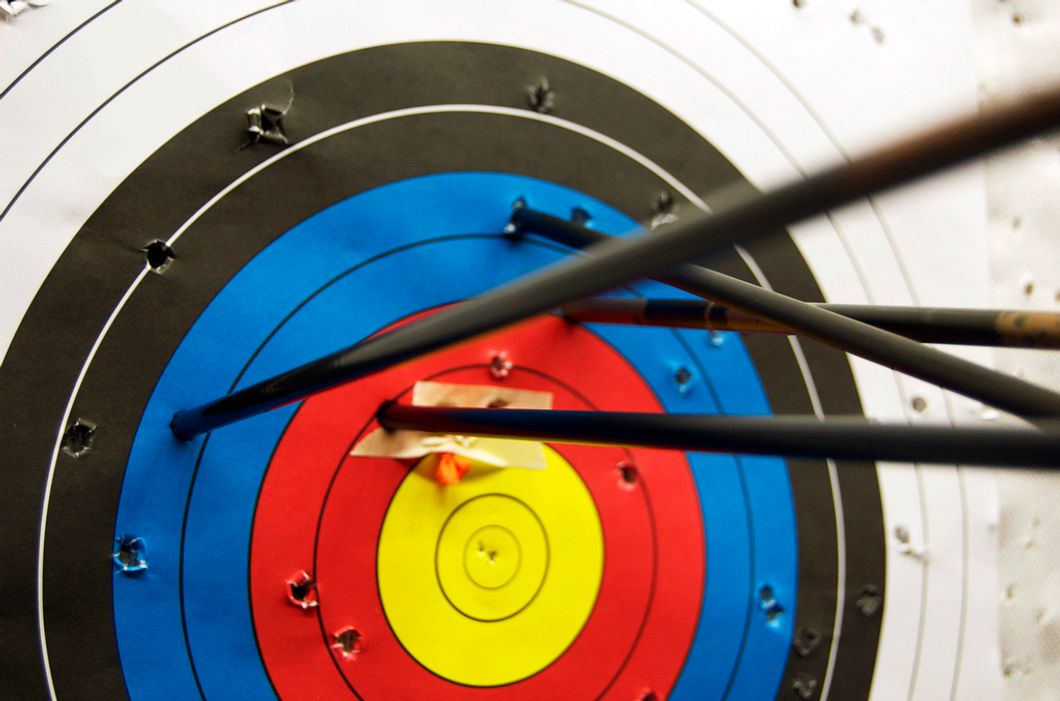When we grow up, we get worse at learning new things — or so we think. Perhaps we do lose some of our childhood brain plasticity. That may explain why children can learn languages, instruments, and sports faster than adults. Nevertheless, it doesn't account for another important factor, a factor we can control: fear.
Let's talk about a short story, an experience of mine at work.
Last week was the second week of work for me. Basically, my job is to cold call potential customers and see if they are interested in the service my company provides.
There were two sides of me that took opposite stances on how I was going to perform. The first, more friendly side, thought, 'Well, she likes talking to people so maybe she'll be a natural at it!' The other, slightly more realistic side, though, 'Are you kidding?! She can't even make a doctor's appointment without stuttering!'
Turns out, both sides were partially correct. Yes, I though cold calling was fun and didn't find it that difficult to hold a conversation. But also, I was incredibly awkward at first over the phone and found it difficult to enunciate coherent sentences. I had practice calls with my supervisor in which I had absolutely no idea what to say, and I didn't know if I could convince anyone to buy into our service.
This is where adults might freak out! The problem with us is that we're afraid to fail — to be bad at something. If when we first try something and it doesn't go our way, we give up and think, "It's not for me."
Newsflash! Nobody is good at anything when they first start! Everybody who is considered an expert in their field now was a beginner at some point, and they were bad at what they did! However, they didn't let the fear of failure stop them from practicing and progressing. And you shouldn't either. The next time you try to pick up a new hobby, don't freak out if you're not amazing at it right away! To get better, you'll need practice, and to be better at something, you'll need to be bad at it first.






















